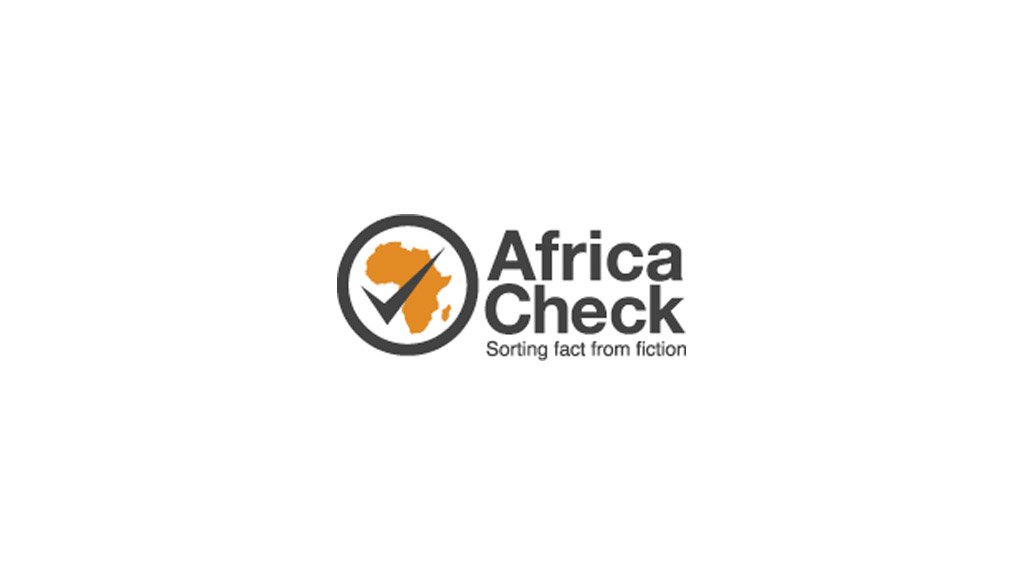Does Zimbabwe have the highest adult literacy rate in Africa? The country’s Financial Gazette recently reported as much, claiming that “Zimbabwe leads Africa in having an adult literacy rate of over 90%”.
In 2013 a blog which aims to “encourage excellence across this amazing continent”, The African Economist, released a list which also placed Zimbabwe at the top.
Is Zimbabwe’s literacy rate 90%? And does it rank top in Africa?
Official sources show literacy rates above 90%
The Zimbabwe National Statistics Agency’s labour force survey estimated that 97% of people over 15 were literate in 2011. This figure is based on the percentage of people in this age group that had completed grade three of schooling.
The country’s 2011 Demographic and Health Survey estimated that 96% of men aged 15 to 54 and 94% of women aged 15 to 49 were literate. This figure was calculated from a nationally representative household survey but it only applied to certain age groups.
Respondents were considered literate if they had attended secondary school (generally aged 15 and older) or could read a whole sentence or part of a sentence in a reading test.
UN, based on Zim figures, puts literacy at 83.6%
To see where Zimbabwe’s literacy rate ranks in Africa, we consulted the most recent global literacy list produced by the United Nations Educational, Scientific and Cultural Organization (UNESCO), released in June 2013.
UNESCO’s Institute for Statistics estimated that 83.6% of Zimbabweans aged 15 and older were literate in 2011. This estimation was based on Zimbabwe’s 2011 Demographic and Health Survey results.
A senior statistician and policy analyst at UNESCO, Nicole Bella, told Africa Check that they had “made some re-estimations to include older age groups which typically have much lower literacy levels”. The organisation doesn’t consider people who can only read part of a sentence to be literate so they were excluded, unlike in the Demographic and Health Survey.
According to these UNESCO estimates, several other Sub-Saharan African countries had higher literacy rates than Zimbabwe, including Equatorial Guinea (94.2%), South Africa (93%), Seychelles (91.8%), Gabon (89%), Mauritius (88.8%), Swaziland (87.8%), Burundi (86.9%), Botswana (85.1%) and Cape Verde (84.9%).
The only country in North Africa with higher adult literacy rates than Zimbabwe, on the UNESCO figures, was Libya (89.5).
Countries measure literacy differently
But using this data to rank countries should be done with caution. A specialist in education indicators at UNESCO’s Institute for Statistics, Friedrich Huebler, told Africa Check that one of the problems with international comparisons is that “countries apply different definitions of what it means to be ‘literate’”.
For example, the Zimbabwean Demographic and Health Survey figures are based on the number of people who attended secondary school or were able to read a whole sentence or part of a sentence in a reading test and South Africa’s household survey on self-assessment in reading and written skills. In short, they are not measuring the same thing.
There is a further snag. The United Nations does not recommend using educational attainment as a proxy for literacy, as was done by Zimstat: “There are numerous cases where people leave school with only partial literacy skills, or lose them because of a lack of practice.”
However Huebler told Africa Check that surveys which ask respondents to declare whether they are literate, or not, are also problematic. This method: “frequently yields higher literacy rates than even very simple assessments of literacy skills,” he said.
Zimbabwe’s 2011 Demographic and Health Survey used a literacy test to measure literacy but the literacy rate in South Africa and Botswana (which UNESCO estimates was 85.1% in 2012) was determined through self-declaration, where respondents had to say whether they were literate or not.
Data also dates back to different times
A further challenge is that there are often large gaps in the available data. UNESCO does provide estimates for what they think literacy rates will be in 2015 but these estimates are based on data from different years for different countries.
Huebler said that many countries’ literacy rates are based on national censuses which are usually only carried out once per decade.
For example, UNESCO’s literacy estimate for Burundi of 86.9% is from a 2008 population census. Kenya’s estimate of 72.2% is from 2007 and Niger’s estimate of 28.7% is from 2005.
Conclusion: The data does not back up the claim
The Financial Gazette claimed that Zimbabwe’s literacy rate was 90% and that it was the highest in Africa. This differs from the estimates of both Zimbabwe’s official statistics agency and UNESCO.
Zimstat put the literacy rate at 97% but this figure is based on the percentage of people who have attended school up until Grade 3. This does not necessarily prove whether a person can read or write.
UNESCO’s estimates, based on a nationally representative survey which tested reading skills and determined educational levels, put the figure at 83.6%.
Comparisons of literacy rates are stymied by how literacy is defined, how people are surveyed as well as differences in the period covered by the data. In short, the data does not back up the claim.
Researched by Kate Wilkinson
First published by Africa Check, a non-partisan organisation which promotes accuracy in public debate and the media. Twitter @AfricaCheck and www.africacheck.org.
EMAIL THIS ARTICLE SAVE THIS ARTICLE
To subscribe email subscriptions@creamermedia.co.za or click here
To advertise email advertising@creamermedia.co.za or click here











